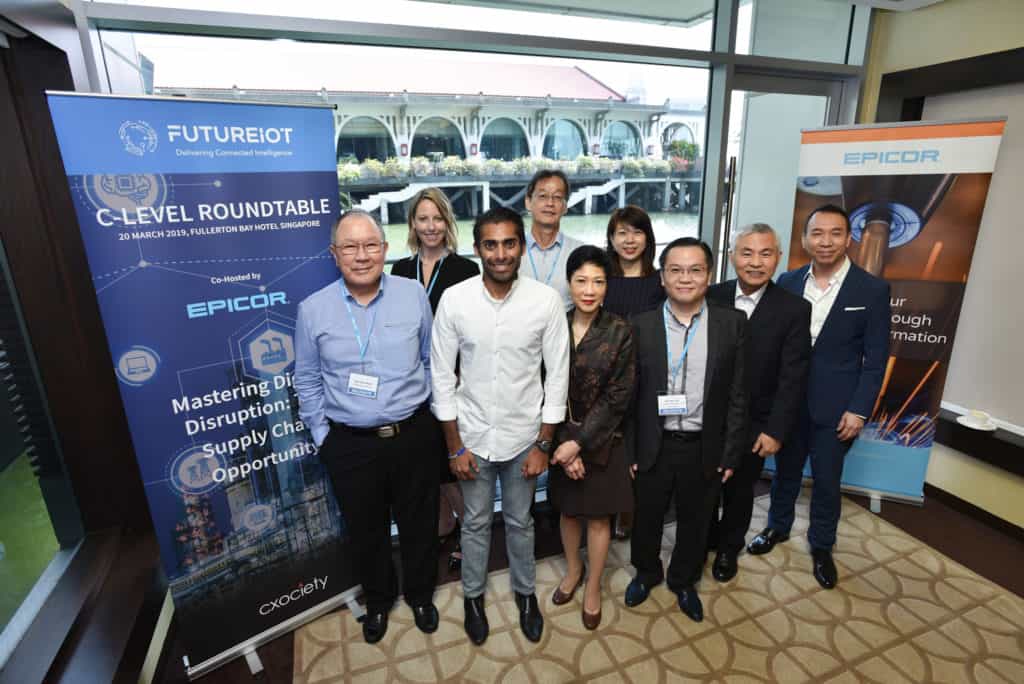Committee Says HK Smart Lampposts Should Be Camera-free – Technologist
Hong Kong will be looking for other technology solutions to replace cameras on smart lampposts, citing privacy concerns aired by the public. The consensus was reached this week during the fifth meeting of The Multi-functional Smart Lampposts Technical Advisory Ad Hoc Committee.
Government Chief Information Officer Victor Lam, who is also the convenor of the committee, said, they have been doing a detailed review of the functions and technologies deployed in the smart lampposts in the past few months.
“We have unanimously agreed that replacement technology solutions for cameras, such as LIDAR and thermal detectors, should be adopted to enlist wider community support for smart lampposts as well as smart city development,” Lam said.
Members of the committee received briefings from officers of the Environmental Protection Department, the Lands Department and the Transport Department on replacement technology solutions to individual applications on smart lampposts, together with their related privacy protection measures.
The Hong Kong Government started installing the smart lampposts across the city this year, totally about 50 by the end of June. However, many of these newly-installed lampposts have sustained heavy damages, after being targeted for fear of surveillance amidst the protests that rocked Hong Kong for six months now.
Nevertheless, the committee agreed that the government should continue with the smart lamppost project after taking out the cameras, particularly given the rollout of 5G mobile service in the near future.
“To avoid lagging behind, Hong Kong must catch up at full steam in smart city development. We will also continue to open up city data collected by smart lampposts to drive smart city development,” Lam said.
The original design of smart lampposts included panoramic cameras which aim to collect real-time traffic data and traffic snapshot images, and surveillance cameras which aim to monitor traffic conditions and tackle illegal dumping of construction waste.
The committee proposed that each and every new smart device to be installed on smart lampposts in future should go through a third-party review and assessment to ensure compliance with international privacy and security standards (ISO 27000 series).
It also advised the government should enhance public education and promotion on smart lampposts. It added that the government will only commence installation of new devices after consulting relevant stakeholders, including the Legislative Council and concerned District Councils.
The Multi-functional Smart Lampposts pilot scheme is a three-year programme in which some 400 smart lampposts will be installed in phases in four districts with higher pedestrian and traffic flow, namely Central/Admiralty, Causeway Bay/Wan Chai, Tsim Sha Tsui and Kwun Tong/Kai Tak Development Area, with a view to promoting smart city development in Hong Kong and supporting 5G mobile network implementation.


